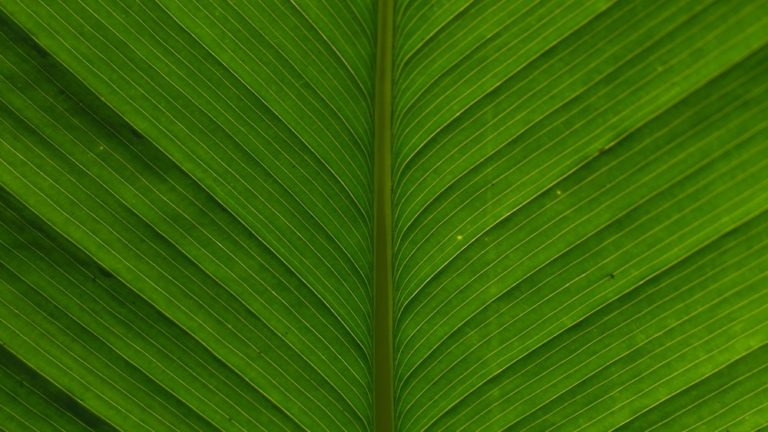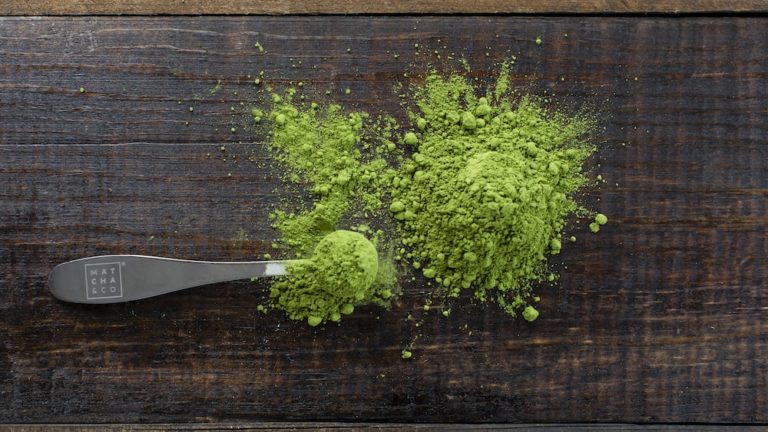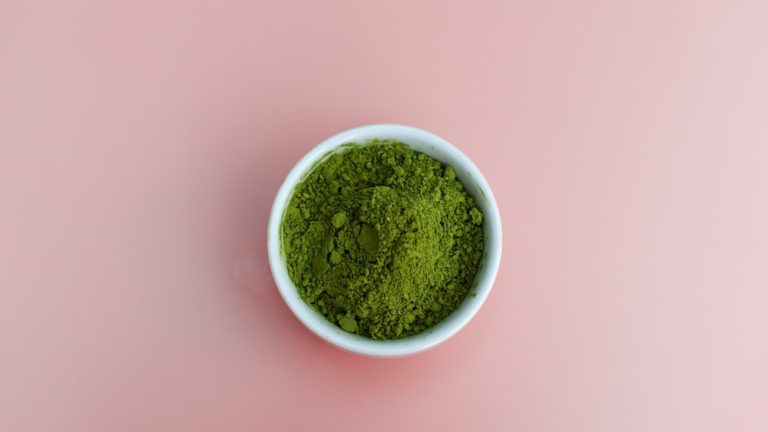Unveiling The Truth: White Tea Histamine Content Revealed
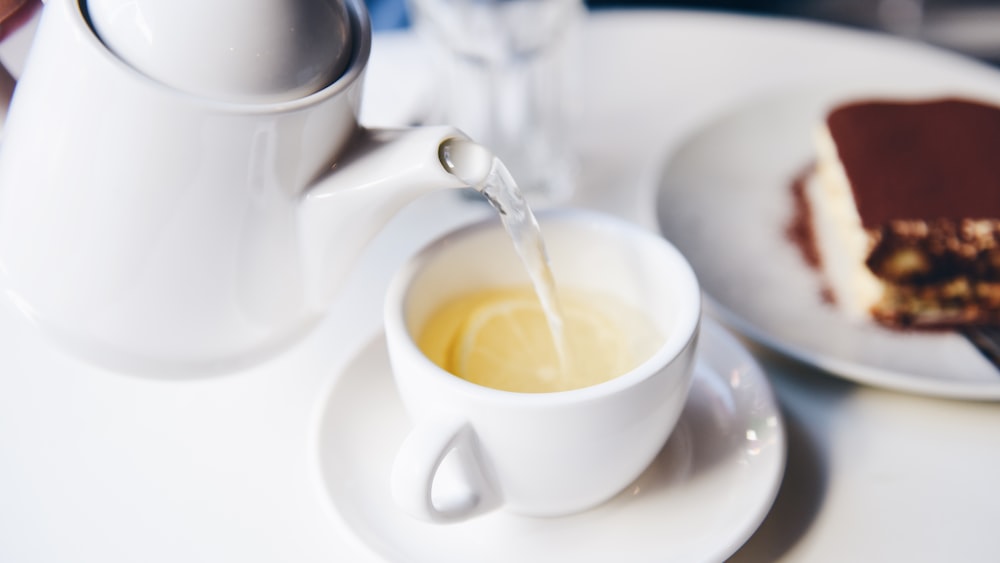
Unveiling The Truth: White Tea Histamine Content Revealed
Who would have thought a simple cup of white tea could start such a fuss? Picture this: you’re sitting in your favorite armchair, mug in hand, steam lazily swirling toward the ceiling, when someone casually mentions, “Did you know white tea might contain histamine?”
Wait, what? Your favorite calming beverage, a hidden source of allergen troubles? But is it really high in histamine? Let’s not allow unsubstantiated rumors spoil our tea-time, folks. Instead, arm ourselves with knowledge (and perhaps a biscuit or two), and delve into the intricacies of white tea histamine content.
Now, don’t get jittery, tea-lovers. We’re about to embark on quite an exploration, going from the basic definition of histamine to dissecting its role in the body, and finally, unveiling whether our beloved white tea is an unannounced histamine party-goer. Ready to get the tea brewing?
Understanding Histamine and Its Role in the Body
Before we steep ourselves in the science behind tea and histamine, it’s crucial to understand what histamine is and the role it plays in maintaining our bodily functions. Let’s get cracking!
What is Histamine?
Histamine, sounds complicated, doesn’t it? Like some alien word from a sci-fi film. But fear not, it’s less of an alien and more of an old friend. Histamine is a compound found in all cells of the body. Yip, you heard that right. Your body factory is working day and night to produce and store this compound. Why, you ask?
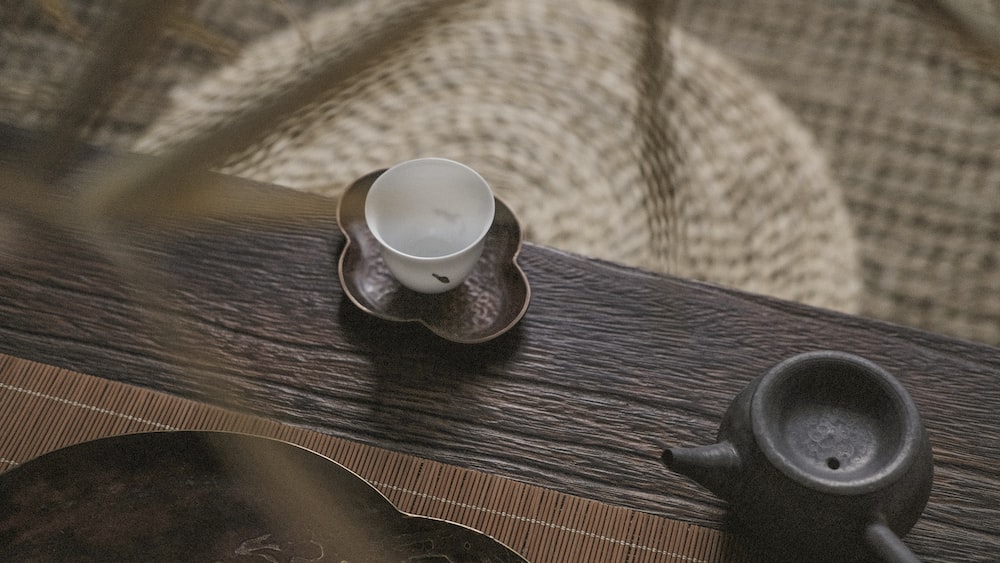
Histamine is part of your body’s defense mechanisms. Picture it like this – it’s like the diligent security guard at the fortress of your body, always on the lookout for trespassing allergens. When these unwanted guests are spotted, histamine is dispatched, resulting in an allergic reaction. This important bio-active substance can influence numerous bodily processes and is involved in functions such as regulating stomach acid, dilating blood vessels, and ensuring brain communication.
For all of its importance, though, a surplus of histamine in our systems can cause havoc, but we’ll get to that part a little later. For now, let’s chat about the role of histamine in our bodies.
Histamine is a compound found in all cells of the body and acts as a diligent security guard, defending against allergens and regulating various bodily processes.
How Does Histamine Affect Health?
On a regular day-to-day basis, histamine is quite the unsung hero. It helps regulate sleep, aids in digestion, and acts as a neurotransmitter. But like an overambitious superhero, when histamine gets overzealous, things can go sideways.
An excessive build-up of histamine may lead to symptoms associated with allergic reactions. You know the drill: hives, itching, runny nose, and watery eyes. Sneeze much? Thank histamine. But it doesn’t stop there! In severe instances, an overload of histamine can cause a serious allergic response aka anaphylaxis. So, while histamine is crucial for our well-being, it’s a classic example of too much of a good thing can be, well, not so good.
This is where the histamine diet steps into the limelight. By controlling the intake of histamine in food, symptoms of histamine intolerance can be managed. And this is where good ol’ white tea eagerly waits aside, ready for its grand entrance. Shall we?
The Connection Between Tea and Histamine
Tea, the dancing diva paired with histamine, the villain of the allergy saga. Who would have thought? But is this pairing a thrilling Love Story or just a baseless Mythbusters’ episode?
General Overview of Tea Varieties and Histamine
Dive down the tea rabbit hole and you’d discover a world sprawling with a spectrum of teas. Ah, the alluring greens, the rich blacks, and the delicate whites. Each holds its charm, its own distinct personality, and nutritive values. But when it comes to their histamine content, the story gets a little muddled.
While some scientific studies associate brewed tea (yeah, that includes our darling green tea) with reduced histamine release, other sources list various tea types as potential histamine liberators. To cut through the confusion, let’s focus on one tea variety that’s been the hot topic recently – the humble white tea.
The Specific Case of White Tea and Histamine
White tea. A true Cinderella of the tea world. So gentle, so ethereal, it can melt away your worries. But is this calming beacon hiding a histamine secret in its brew?
Faithful tea-sippers have queried about white tea’s histamine content more than once. You might even be holding your breath (and the handle of your teacup) waiting for the truth to surface. Hold on to your teacups, folks, because it’s time for some myth-busting!
White tea, often hailed for its calming properties, may have a hidden secret when it comes to histamine content, but fear not, because it’s time to debunk the myths and uncover the truth.
Debunking Myths: Is White Tea High in Histamine?
Let the drumroll commence as we’re about to break through the speculation and enlighten ourselves with some science. Is our tranquil brewing friend, white tea, teeming with histamine or is that just another tall-tale? Let’s find out!
Scientific Evidence on White Tea’s Histamine Content
The question of the hour – or rather, the tea cup – is: What’s the deal with white tea and histamine? Now, I’m no Sherlock Holmes, but thankfully science helps us unveil the truth. A study conducted by Schmidt, Broder, and Schnitzler (2018) discovered that white tea extract inhibited histamine release significantly more than plain water!
But wait, there’s more! Another piece of research led by Joao Paulo in 2014 showed that white tea histamine levels are pretty low compared to most other teas. This means you can sip your white tea without fear of turning into a sniffly, sneezing mess (I’m kidding, but you get the gist). White tea, compared to other types, has a histamine level that more closely matches a gentle lullaby than a screeching heavy metal concert.
Of course, individual reactions may vary. While these studies paint a glowing picture for white tea enthusiasts, remember that histamine intolerance is a tricky beast. It’s essential to listen to your body and consult with a healthcare professional if you have any concerns.
Comparing White Tea to Other High-Histamine Foods
Let’s play a little game of compare and contrast, shall we? High-histamine foods are like the mean kids on the playground that make your body feel all out of sorts. Aged cheeses, smoked meats, and fermented foods are all high on the histamine hit parade. Compared to these culprits, white tea is the mild-mannered sidekick. It’s like comparing an angry bull to a giddy, frolicking lamb.
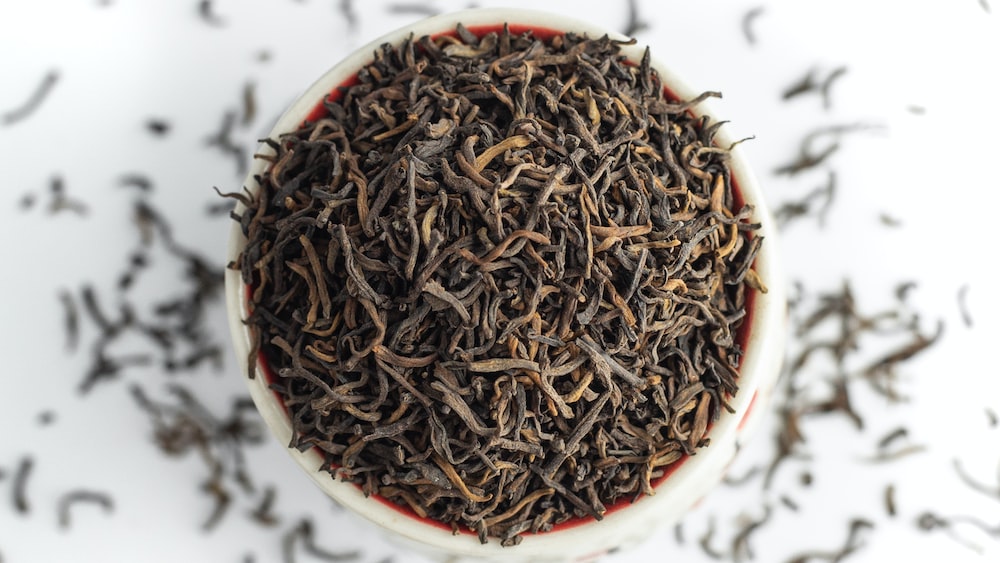
Per some estimates, specific high-histamine foods can contain histamine levels upward to 1000mg per serving. In contrast, your relaxing mug of white tea? A measly 10mg or so. When you look at it that way, it’s like comparing a thunderstorm to a gentle mist.
Benefits of White Tea in a Low-Histamine Diet
Now that we’ve debunked the myths, let us raise a toast (a tea toast, if that’s a thing?) to the mighty benefits of white tea in a low-histamine diet. An unsung hero in the caffeine world, white tea struts its stuff with significantly low levels of histamine and a host of other nutritional riches that could give any health-smoothie a run for its money.
Nutritional Profile of White Tea
Diving into the nutrient profile of white tea, believe me, it’s almost as exciting as going on an underwater excursion! The most opportune thing about it? Not having to run into any sinister sharks. Instead, we get to welcome copious amounts of antioxidants!
Firstly, the polyphenol content in white tea is absolutely worth boasting about. More than just a trendy health buzzword, polyphenols help combat free radicals, essentially acting like knights on a mission to protect your health castle.
Secondly, white tea is a rich source of fluoride and other minerals like potassium, magnesium, and flavonoids! And, as if that wasn’t enough, it comes with an added dose of caffeine, just enough to perk your spirits without leaving you jittery. I mean come on, who needs chamomile tea or ginger tea when you got the stealthy white tea?
How White Tea Can Complement a Low-Histamine Diet
Now, if you’re considering a low-histamine diet, white tea could be your hidden ace. For starters, thanks to its low histamine levels, it’s not likely to set off the sneeze-fest in your body like some high-histamine foods might. In addition, the rich antioxidants in white tea help fight inflammation, a common symptom of histamine intolerance.
Further, white tea, with its mild caffeine content, is an excellent smooth swap out for high-histamine beverages like alcohol or certain types of caffeinated teas. It’s like replacing a chaotic symphony with a soothing lullaby. Smooth, isn’t it?
Practical Tips: Incorporating White Tea into a Low-Histamine Diet
The great thing about white tea is that it’s no diva. It doesn’t demand a spotlight or a high-tech brew system. Just a few simple tips and tricks can have you brewing a golden cup of comforting, low histamine white tea.
Best Practices for Brewing White Tea
So how to brew this low-histamine gem? First things first, watch your water temperature. You wouldn’t jump into a scorching hot bath, right? Well, your tea leaves feel the same. Aim for a water temp of around 175°F.
The next step? Patience, my dear friend. Unlike other types of tea, white tea requires a longer brewing time, around 5-8 minutes. This time allows all the delicate flavors and nutrients to seep into your cup.
Lastly, remember the golden rule of brewing tea, “quality over quantity.” Opt for high-quality loose leaf white tea versus the dredges found in low-priced tea bags to make the most out of your healthy brew. After all, you wouldn’t want to dishonor your lovely white tea with a sub-par brewing experience, would you?
To brew the perfect low-histamine white tea, use water at a temperature of 175°F, steep it for 5-8 minutes, and choose high-quality loose leaf tea over low-priced tea bags.
Delicious and Healthy White Tea Recipes
Never understimate the culinary possibilities of a humble cup of white tea! Let’s transform your usual white tea sipping experience into an exciting culinary journey with these simple, delicious, and healthy recipes that incorporate white tea in innovative ways.
Our first stop? A zesty White Tea Infused Citrus Sorbet. Imagine a hot summer day, you’re melting faster than an ice cube on a sunny sidewalk – what could be better than a cooling sorbet? Add the delectable twist of white tea and citrus, and you’ve got yourself a refreshing treat that’s both yummy and wellness-promoting. Brew the white tea stronger than usual, mix in freshly squeezed citrus juice (try a blend of lemon, lime and orange), sweeten lightly with honey, then freeze. Voila! A unique, histamine-friendly sorbet that’s perfect for those hot days or whenever you need a boost of cheerfulness.
Or, perhaps, delight your dinner guests with a White Tea Vinaigrette drizzled over fresh greens. Who’d have thought that your salad could be a carrier for the antioxidative, histamine-combating benefits of white tea? Just mix a robust infusion of white tea with olive oil, a dash of vinegar, a squirt of lemon, and season to taste. Your taste buds, and your health, will thank you.
Frequently Asked Questions
1. Does the way white tea is brewed affect its histamine content?
Indeed, the brewing method of white tea can influence histamine content. Steeping time and water temperature are the tea brewing’s divas that can create a dramatic effect on the tea’s overall histamine levels.
2. Can I drink white tea if I have histamine intolerance?
In regards to white tea and histamine intolerance, it’s generally safe to enjoy a cup or two. Thanks to its unique processing, white tea has lower histamine levels compared to other types of tea like green tea.
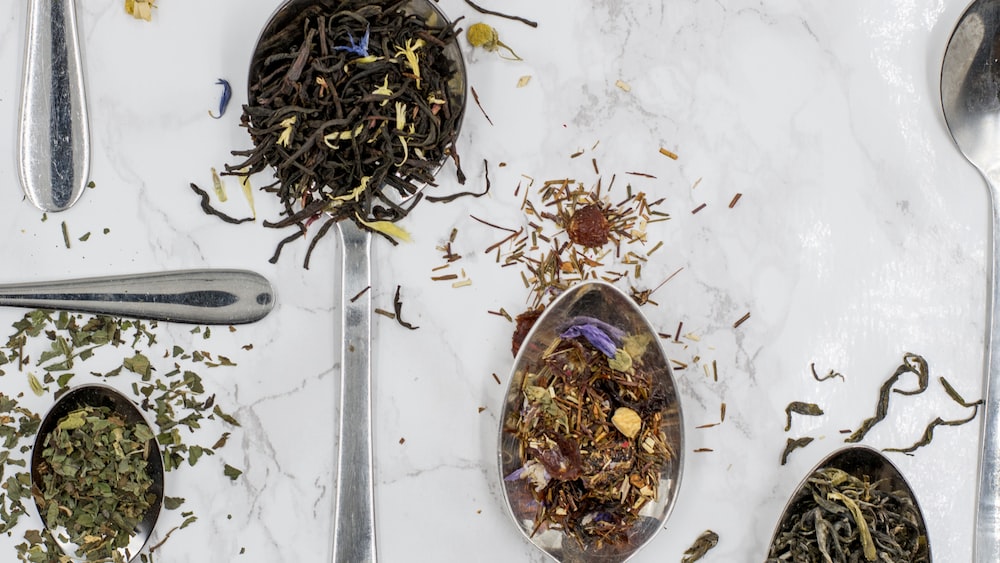
3. How does white tea compare to green and black tea in terms of histamine content?
When compared to green and black tea, white tea dances in with lower histamine content. This is due to its minimal processing, allowing it to maintain its natural, low-histamine state.
4. Are there any side effects of drinking white tea for those sensitive to histamine?
Given its low histamine profile, the side effects of white tea for those sensitive to histamine are minimal. However, individual reactions can vary, so it’s best to monitor your response.
Conclusion
As we wind down this enlightening journey around the world of white tea histamine, it’s crystal clear that white tea, with its gentle taste and lower histamine content, is a lovely addition to any diet, especially one focused on keeping histamine in check. Who knew that this delicate drink could hold such a powerful key to managing your wellness?
The world of histamine teas can be tricky to navigate, with information as tangled and winding as an old English tea garden. But, armed with the facts and your new-found white tea recipes, you’re more than ready to conquer the realm of low-histamine diets!
Hopefully, you feel well-equipped to bring the magic of white tea into your life in creative and delicious ways. Just remember, the benefits of white tea go beyond low histamine content. It’s also imbued with flavonoids and antioxidants that can help boost your health and vitality. So brew up a pot, relax, and savor each sip, knowing that good things are steeping!
Until next time tea lovers, take care and keep brewing because as we all know, a life steeped in tea is a life full of soul and wellness. Tea-riffic bye for now, Zoe.

